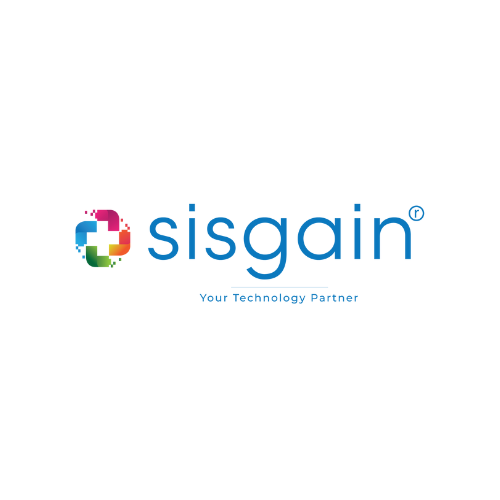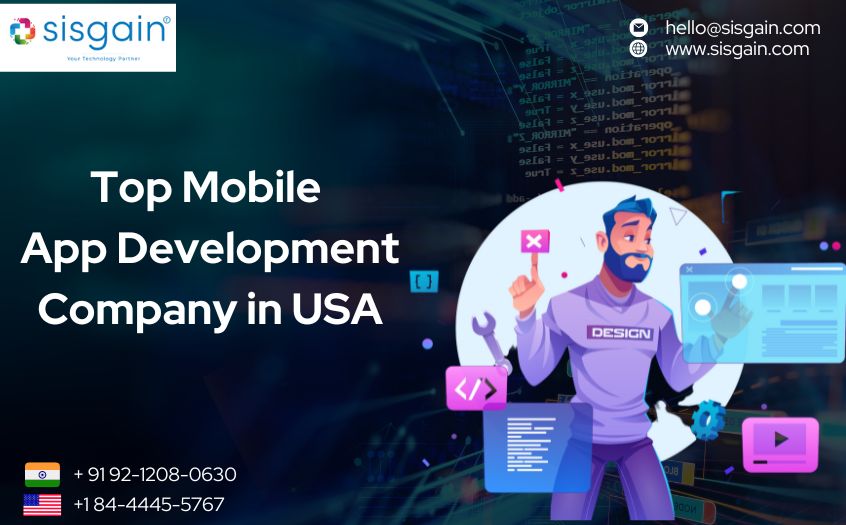Title: iOS vs. Android Development: Pros and Cons for App Developers
 sisgain Technology
sisgain Technology
Introduction
In the fast-paced world of mobile app development, iOS and Android are the two dominant platforms that developers often target. Each platform has its own set of advantages and considerations, and choosing between iOS and Android development can significantly impact the success and reach of an app. In this blog post, we will explore the pros and cons of iOS and Android development for app developers. By understanding the unique characteristics and challenges of each platform, developers and iOS app development agencies can make informed decisions and create exceptional applications that cater to their target audience.
Pros of iOS App Development
High-Quality User Experience: Apple's strict guidelines and curated App Store result in a higher standard of app quality, leading to a more consistent and polished user experience.
Strong User Engagement and Monetization: iOS users tend to be more engaged and willing to spend on apps, leading to higher revenue potential for developers through in-app purchases and subscriptions.
Greater Device and OS Fragmentation: With a limited number of iOS devices and operating system versions, developers can create apps that work seamlessly across a wide range of devices.
Early Adoption of New Technologies: Apple is often at the forefront of introducing new technologies and features, allowing developers to leverage the latest advancements in hardware and software.
Integrated Development Environment (IDE): Xcode, the official IDE for iOS app development, provides a comprehensive suite of tools, debugging capabilities, and performance analysis tools, streamlining the development process.
Strong Security and Privacy: Apple's robust security measures and strict App Store review process help protect user data and ensure a safer app ecosystem.
Cons of iOS App Development
Limited Customization and Flexibility: Apple's guidelines and restrictions can limit the customization options for developers, making it challenging to create highly tailored and unique app experiences.
Higher Development Costs: Developing for iOS can be more expensive due to the need for Mac hardware, obtaining an Apple Developer account, and additional testing and compliance requirements.
Lengthy App Review Process: Apple's rigorous app review process can result in longer waiting times before an app is published on the App Store, affecting the speed of deployment and updates.
Restricted Access to Third-Party Services: Apple's policies and restrictions sometimes limit access to certain third-party services or APIs, impacting the integration of specific functionalities.
Smaller Market Share: While iOS has a significant market share, Android dominates the global smartphone market, potentially limiting the reach of iOS apps to a smaller audience.
Pros of Android App Development
Larger Global Market Share: Android devices have a larger market share globally, offering developers the potential to reach a broader audience with their apps.
Customization and Flexibility: Android provides developers with more freedom to customize app experiences, leverage unique device features, and experiment with different design approaches.
Lower Development Costs: Developing for Android is often more cost-effective due to the availability of a wide range of affordable devices, lower licensing fees, and fewer hardware constraints.
Faster App Deployment: Android's app review process is generally quicker compared to iOS, allowing developers to roll out updates and new features faster.
Open Ecosystem: Android offers developers greater access to third-party services, APIs, and system features, enabling more extensive integrations and functionalities.
Cons of Android App Development
Fragmentation and Device Diversity: The wide range of Android devices with varying screen sizes, hardware specifications, and operating system versions can lead to compatibility challenges and increased testing efforts.
Lower User Engagement and Monetization: Android users typically spend less on apps and have lower engagement rates, making it more challenging for developers to generate significant revenue.
Security Concerns: Android's open nature and diverse app sources can make it more susceptible to security vulnerabilities and malware, necessitating additional security measures.
Conclusion
Choosing between iOS and Android development is a critical decision for app developers. While iOS offers a high-quality user experience, strong monetization potential, and tight hardware-software integration, Android provides customization options, a larger market share, and a more cost-effective development process. Understanding the pros and cons of each platform empowers developers and iOS app development agencies to make informed decisions based on their target audience, project requirements, and business goals. Ultimately, success in mobile app development lies in creating compelling experiences that resonate with users, regardless of the chosen platform.
Subscribe to my newsletter
Read articles from sisgain Technology directly inside your inbox. Subscribe to the newsletter, and don't miss out.
Written by

sisgain Technology
sisgain Technology
SISGAIN is a prominent mobile app development company that specializes in creating innovative and customized mobile applications. With a team of skilled professionals, SISGAIN leverages the latest tools and technologies to deliver high-quality solutions that meet clients' unique business requirements. From custom app development to enterprise mobility solutions and UI/UX design, SISGAIN is committed to empowering businesses with cutting-edge mobile app solutions. With a focus on client satisfaction and a comprehensive approach to development, SISGAIN has established itself as a trusted name in the industry, delivering projects on time and exceeding expectations.